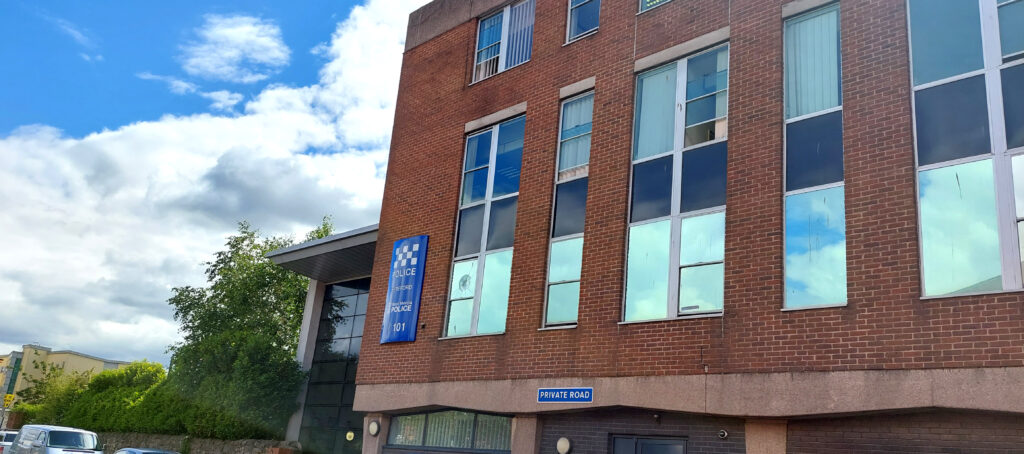
What is a voluntary interview?
Voluntary interviews are used by the police for questioning people without having to make an arrest or formally booking them into custody. This saves time and resources for the police and is a more efficient way for them to deal with the interviews of suspects. The interview can sometimes be arranged at a mutually convenient time.
Although it sounds as though the voluntary interview is more informal, the person being interviewed is still being asked questions as they are suspected of committing a criminal offence and it is a serious interview. The police will use the same caution at the beginning of the interview as someone who has been arrested. What you say, or do not say, in the interview can be used in court against you.
What happens if I don’t attend a voluntary police interview?
Just because it is called a ‘voluntary’ interview, doesn’t mean you should refuse to attend. You can say no, but this could result in the police deciding to arrest you and carry out a standard police interview instead.
Should I speak to a solicitor before a police interview?
It is vital that if you are invited to attend a voluntary interview you are legally represented to ensure your legal position is protected from the outset. As the wording of the caution illustrates a voluntary interview is not an informal ‘chat’ with the police. As soon as you know that you are being accused of an offence, whether you are innocent or guilty, you should enlist the support of a criminal law solicitor. They can explain what your rights are.
Being questioned by the police, either in a police station or in some other place such as your home, can be a scary experience, therefore it is important that you have the support of a solicitor as soon as possible.
Should I have a solicitor at the police station?
Your solicitor is there to represent your interests and they will always advise what is best for you and your case.
It is your legal right to have a solicitor while you are under arrest, voluntarily attending a police station, or being interviewed by the police, as a suspect, anywhere.
Your own solicitor can be contacted but if your solicitor is unavailable or you don’t have one, a duty solicitor is available 24/7.
How can we help?
